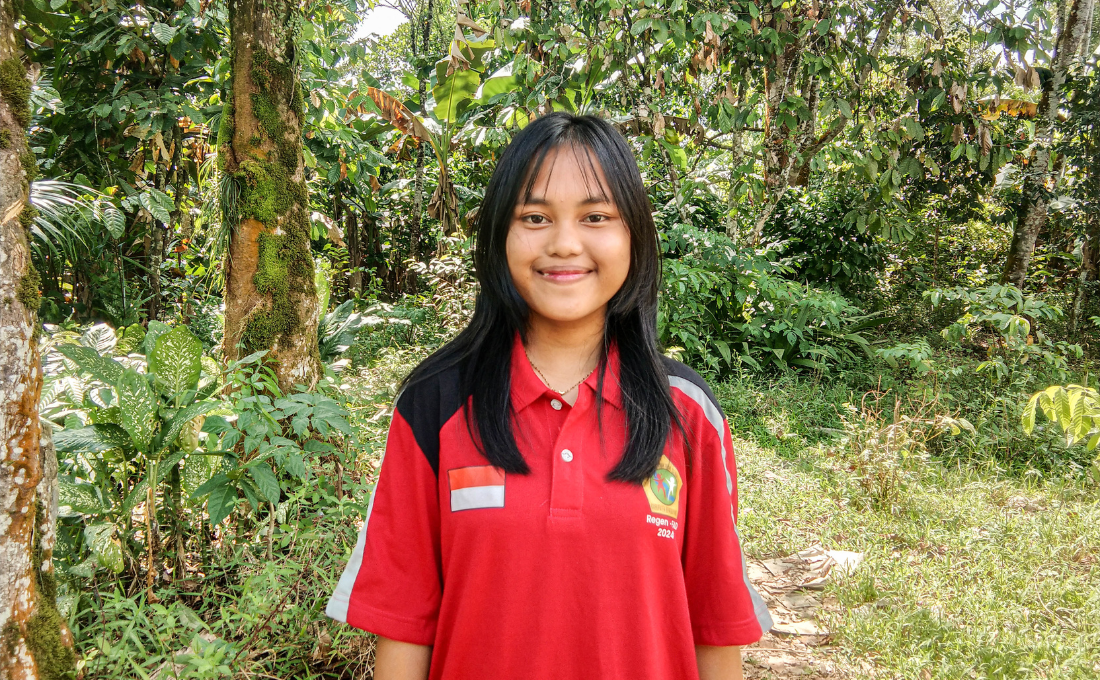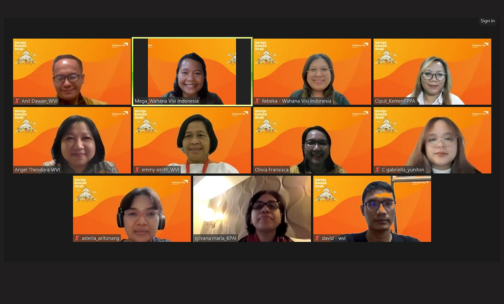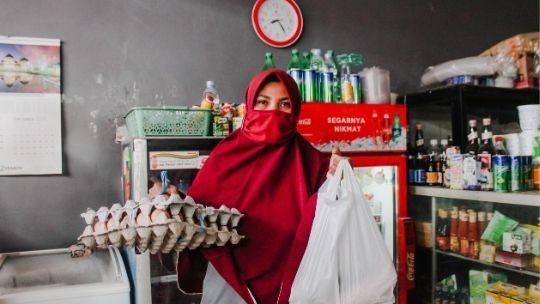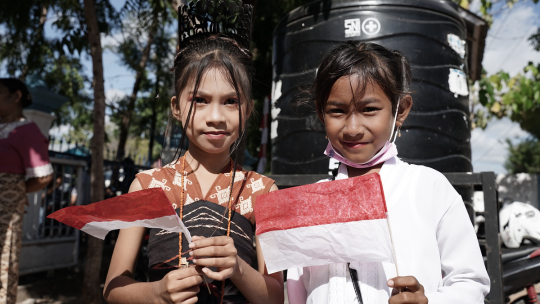Finding Their Voice: How Child-Led Research is Making a Difference in Bengkayang

Children in Bengkayang Regency, West Kalimantan, have increasingly gained a space to voice their opinions through Child-Led Research (CLR) activities. CLR is one of the activities carried out by the Children's Forum and has proven to bring many benefits. Not only do children become researchers, CLR also benefits the village community. Research reports can be a valid basis for campaigning for changes in the village.
"Since I participated in CLR activities, I have understood a little bit about how to analyze data and how to find research topics. For example, about the impact of waste and other uses of waste. I also know how to interview people and I am more confident," said Dinda, a girl who became a child researcher in the village assisted by WVI in Bengkayang Regency.
By carrying out the CLR process from start to finish, the children also become more aware of the issues that are happening around them. In addition to issues that are close to the world of children, there are also other issues that are important to research. The data analysis process is also one of the ways that triggers children to be able to think critically.
"We learn how to research an issue, collect all the answers from respondents related to the issue, then combine them. For the waste management issue, the research results can increase awareness on managing waste in the village," said Dinda. Through this research, Dinda and other researchers also understand that even the smallest piece of garbage, if left scattered, can have a bad impact for family, school, and community.
After completing the entire research process and producing a report, Dinda felt that these results could actually be a powerful tool in raising public awareness about the importance of disposing waste in its place. With factual data and in-depth analysis, children can have good material to voice the impact of waste on the village environment.
"The knowledge from this CLR activity can be used at a higher level of education, for example when later in college. When asked to research an issue, I am no longer confused about how and steps to research," she concluded.
Author: Mariana Kurniawati (Communication Executive)



